Emily Light is a fourth-year student at the University of Otago, Dunedin School of Medicine. She is passionate about improving women’s health and is the Aotearoa New Zealand Sponsorship Officer for the Prevocational Obstetrics & Gynaecology Society. Emily undertook a Summer Research Studentship with Dr Celia Devenish to investigate the incidence of placental and umbilical cord insertion anomalies and their association with perinatal adverse outcomes in Otago, Aotearoa New Zealand.
I am so grateful to have had the opportunity to research women’s health this summer. I undertook a retrospective cohort study on the incidence and perinatal adverse outcomes of placenta and umbilical cord insertion anomalies detected on a routine 20-week ultrasound scan in Otago. International research has shown there is an association between placental and cord insertion anomalies and adverse outcomes for the mother and fetus. However, to our knowledge, this was the first study in Aotearoa New Zealand to investigate this topic. We were motivated to undertake this research given that the Referral Guidelines for Consultation with Obstetric and Related Medical Services in New Zealand currently only include velamentous cord insertion.
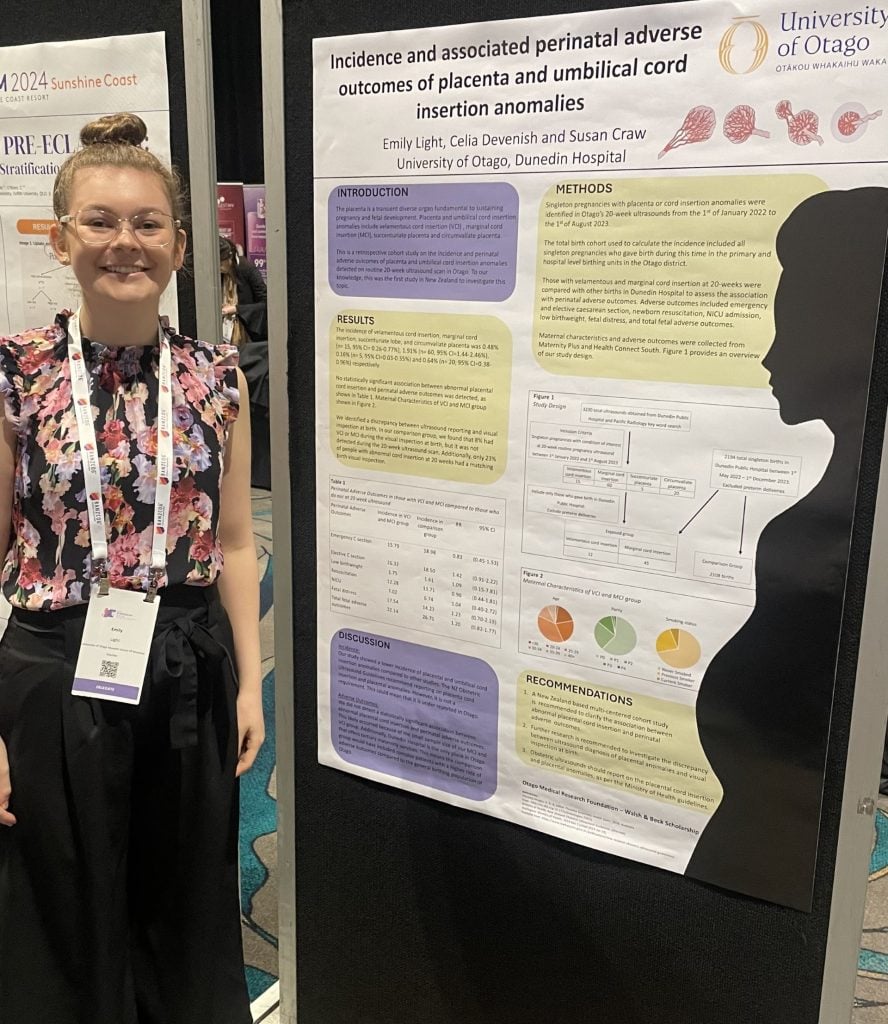
This research has taught me many important lessons about the research process and the technical skills required. I strongly believe that teamwork and mentorship are fundamental to successful research. I had an amazing opportunity to blend both the academic side of research with my first clinical experience in obstetrics and gynaecology.
The first time scrubbing into a caesarean section, the first time you see someone realise that they are a parent, the first time you hold a newborn baby – your routine practices as an obstetrician-gynaecologist are life-changing and fundamental milestones in the development of a doctor.
We have an incredible privilege as health professionals in that we are trusted to help women when they feel most vulnerable. What I found most touching during this attachment was how, even in tragedy, we could create beauty. I followed a woman’s journey from learning that her baby had Trisomy 18 through to her stillbirth. The exceptional care provided by the team helped transition her from a state of distress to feeling at peace. This was one of the standout moments for me during this clinical attachment and a key reason why I aspire to do obstetrics in the future.
Research is so powerful because by connecting the experiences of so many individuals, we can gain insight into how we can improve patient care for an entire population.”
This clinical attachment highlighted the importance of recognising that behind each data point is the experience of a woman trying to form her family. Behind every count of fetal distress, postpartum haemorrhage, or emergency caesarean section is a highly emotional experience for that family which we have the opportunity to improve. Research is so powerful because by connecting the experiences of so many individuals, we can gain insight into how we can improve patient care for an entire population.
I am privileged to have met so many incredible women whose passion for women’s health has inspired me to journey into obstetrics and gynaecology in the future.
RANZCOG Symposium 2024
I felt incredibly honoured to present my research at the RANZCOG Symposium on the Sunshine Coast. This event was an incredible experience that showcased the frontier of medical advancement. The extensive topics presented ranged from the management of menstrual disorders in able women and women with a disability, to the technological advancement of fetal surgery. It showcased the broad dimensions of obstetrics and gynaecology which I had never encountered before.
As a medical student, I particularly benefited from networking with people working in various roles within women’s health who helped me understand how this can be incorporated into my future. The inclusion of medical students, GPs, registrars, consultants, and other allied health professionals enriched the event and provided substance for mutually enlightening conversations.
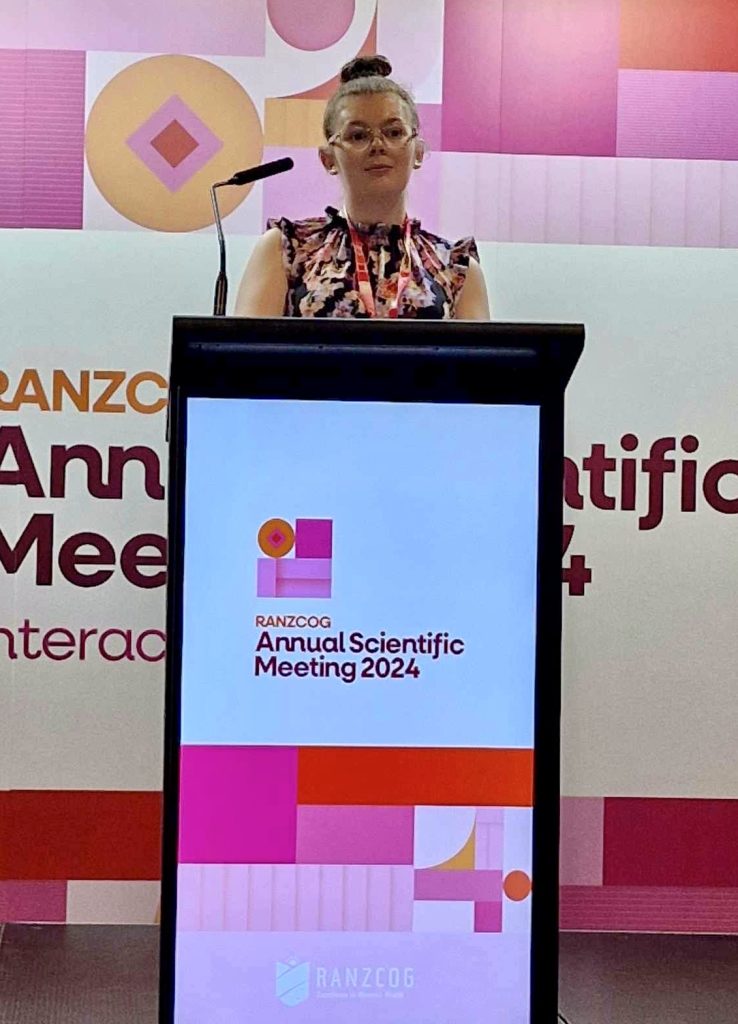
During one presentation, someone commented on the importance of providing safe medical care to avoid repeating past medical tragedies. Unexpectedly, the hospital I was born in, Shrewsbury Hospital, was listed. This then led me on a journey of self-discovery, as I learned that my family was part of the “worst maternity scandal in the history of the NHS.” This has fuelled my desire to provide safe maternity care in honour of the mothers and babies who were unfortunately harmed during this time.
I also had the opportunity to present this research again at the RANZCOG 2024 Annual Scientific Conference in Aotearoa New Zealand; another fantastic event.
I am very grateful to the lovely staff at the Department of Women’s and Children’s Health at Dunedin Hospital for the positive experience I had. I would also like to thank Dr Celia Devenish for being an incredible research supervisor and the Otago Medical Research Foundation for sponsoring my research.


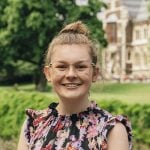
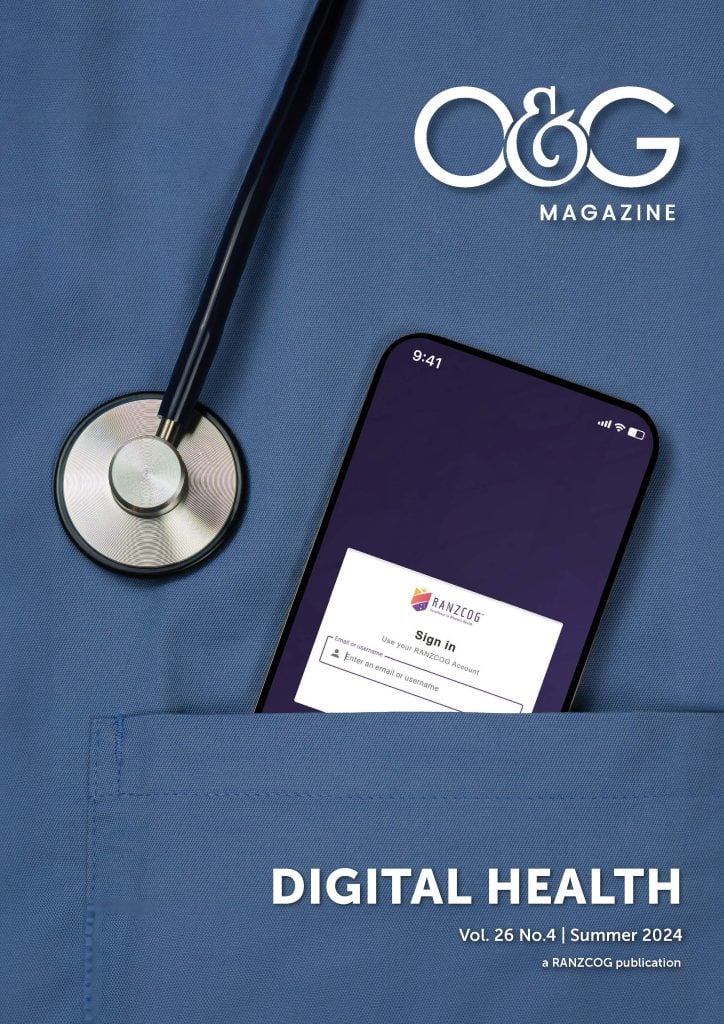
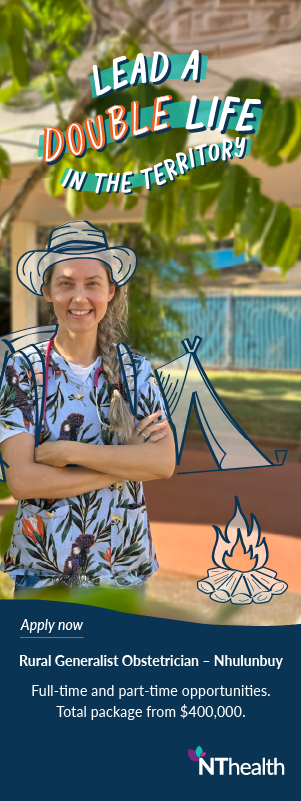

Leave a Reply